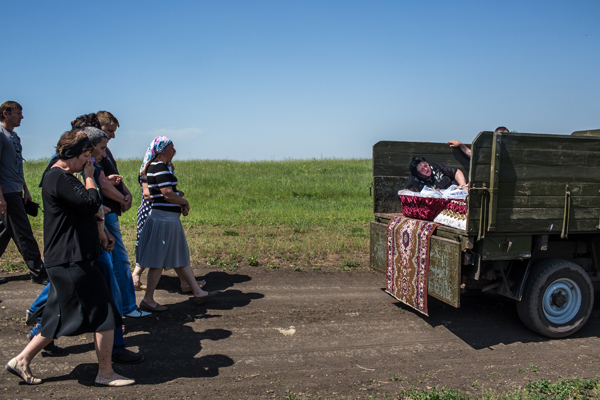
Outside Russia, the tragic crash of Malaysia Airlines Flight 17 (MH17) has refocused the world’s attention on the separatists in eastern Ukraine who are suspected of shooting down the plane with Russian arms. But inside Russia, a dramatically different narrative has taken hold. The conspiracy theories are as varied as they are bizarre: The Ukrainian military shot down the plane in a failed assassination attempt on Putin, the plane was filled with dead bodies, the crash was orchestrated by the U.S. or NATO.The theories have one thing in common: Russia, and Putin, are not to blame. It may be mind-boggling in the West, but one thing the crash has brought disturbingly to light is the extent of Putin’s grip on public opinion in Russia.
When it comes to the information wars over the MH17 crash, the Kremlin fights its battles almost exclusively on TV. Despite an expansion of new-media outlets in the 1990s and early 2000s, the state has since reasserted control over much of Russian media. According to a recent poll by the Levada Center, an independent non-profit research organization based in Moscow, 90 percent of Russians say they get their information about Russia and the world from television, nearly all of which is owned or influenced by the Kremlin. Only 24 percent said they get information from the Internet.
“We used to hear many people saying they are fed up with state television,” says Mikhail Zygar, the editor-in-chief of TV Rain, Russia’s only independent news channel. “Probably this changed because Russian television changed. It used to be like North Korea and now it’s like Fox News.”
Not long after Putin first came to power in 2000, the Kremlin began exerting its influence over Russia’s privately owned television stations. By the end of 2001, all of the country’s major channels were owned by either the Russian state or by companies with close ties to the government. Since then, pro-Kremlin news coverage has seen a gradual but flamboyant makeover. State-owned channels like Rossiya and its many sister stations, Channel One and NTV, broadcast flashy, graphic-enhanced bursts of sensationalism on the various “threats” and “enemies” battering away at Russian wellbeing.
It reached a fever pitch with Russia’s annexation of Crimea. State-controlled outlets began running bombastic, round-the-clock coverage depicting the Crimean crisis as a battle of good versus evil: benevolent, virtuous Russian-speakers defended by heroic rebel militias, battling against a stranger-than-fiction partnership of bloodthirsty Ukrainian fascists and the American political class, among other perceived interlopers intent on weakening Russia politically and economically. Earlier this month, Channel One took the media onslaught to new lows when it aired an uncorroborated and highly disputed story claiming the Ukrainian military had crucified a three-year-old boy in the former rebel stronghold of Slavyansk.
“This campaign of raw propaganda on Russian television has gone on for some time, but its intensity is unprecedented,” says Masha Lipman, a political analyst at the Carnegie Moscow Center think tank. “The conflict was framed here in a very clear way—‘ours’ versus a variety of evil-doers identified with a number of bad words, like ‘fascist’ and ‘Nazi.’”
“The shift during the Crimean crisis was very psychologically important,” says Zygar. “The significance for many people was that we’ve been weak and we’ve been wrong for many years, but now we’re right and we’re strong. It’s a very pleasant thing to discover, that at last you’re strong and you’re loved and you’re on the right side and you don’t have to feel sorry.”
Putin’s disinformation campaign taps into a deep history of media manipulation, which has left many Russians distrustful of almost everything they read and hear. The mesh of vague and often-conflicting insinuations is well suited to a long-held Russian tradition of conspiracy-minded skepticism and a sense of grievance towards the West.
“I don’t think that there is some kind of extraordinary force of state propaganda persuading the Russian audience that the pro-Russian militias are not to blame,” says Zygar of TV Rain. “Conspiracy theories are eternally popular within the country. They usually aren’t real accusations. It’s some kind of half-joking everyday speculation. If we have bad weather, probably it’s the result of some weather weapon from Washington… This is really the way a lot of people’s brains are functioning.”
TV Rain, which launched in 2010, is one of a small but tenacious crop of independent outlets that continue to challenge the mainstream narrative. Others include the opposition-leaning newspaper Novaya Gazeta, Russian Forbes and financial daily Vedomosti, which is partially owned by the Wall Street Journal and Financial Times. But for the most part, they are all preaching either to the choir or to the deaf. According to Levada Center, Putin’s approval rating in June was 86 percent, the highest it’s been in 14 years.
“For at least a decade, Putin has not had to worry about any real political opposition,” says Lipman. “He didn’t crush non-governmental media but he sort of insulated them, where they could say what they want but did not have access to a broader audience.”
Only two percent of Russians say they watch TV Rain regularly, the Levada Center found, compared to 71 percent for Rossiya-1, 48 percent for NTV and 8 percent for Channel One.
So in the days after the MH17 downing, while TV Rain was supplementing live coverage from the crash site with a broad range of on-air commentary, from guests, including separatists, Ukrainian officials and independent experts, the vast majority of Russians were watching something quite different. The phrase “on Ukrainian territory” punctuated every twist and turn of the coverage on state media, as Russian arms and aeronautical experts were brought on camera to blame Ukraine and argue the impossibility that the rebels could have fired weaponry sophisticated enough to bring down the jet.
These days Russia’s independent media seems increasingly on the brink of extinction, especially since December 2013, when Putin decreed into existence the state news conglomerate Rossiya Segodnya, which subsumed leading news agency RIA Novosti and the international radio service Voice of Russia. The man he appointed to head the massive organization is Dimitry Kiselyov, a right-wing TV presenter best known in the west for bragging that Russia is “the only country in the world capable of turning the United States into radioactive dust” and recommending burning the hearts of gay people who die in auto accidents.
“We have this kind of tradition of black August in our country. Every year something horrible happens in August. This year we joke that August has come in July,” said Mikhail Zygar of TV Rain. “Just half a year ago, no one could believe the annexation of Crimea. When we discussed the possibility, all of us told each other, ‘No. That’s not possible. Never.’ But we are all living in some fantastical reality now. After Crimea, after war in eastern Ukraine and after everything else that’s happened, it’s possible to believe anything.”
Scenes from the crash site of Malaysia Airlines Flight 17
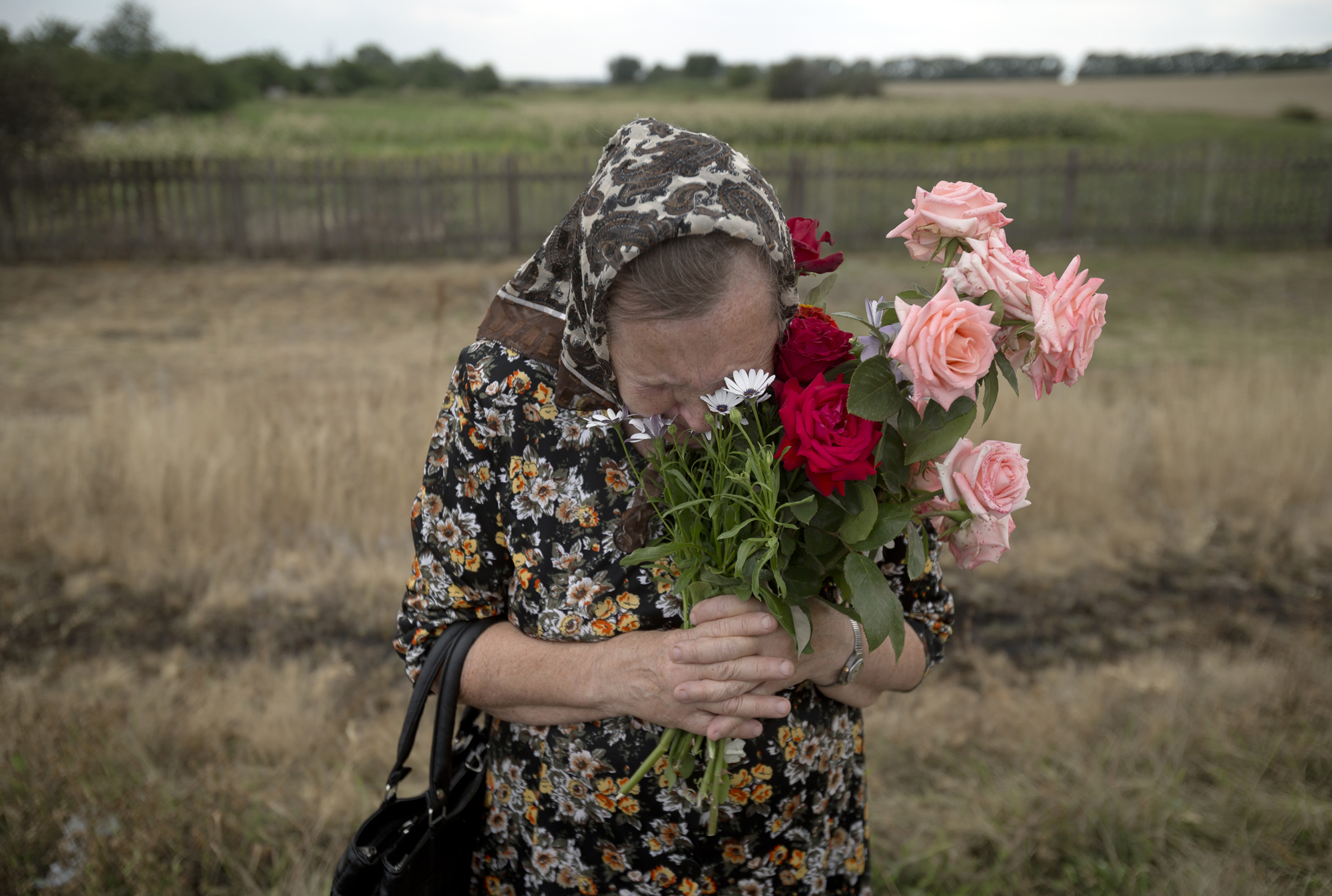
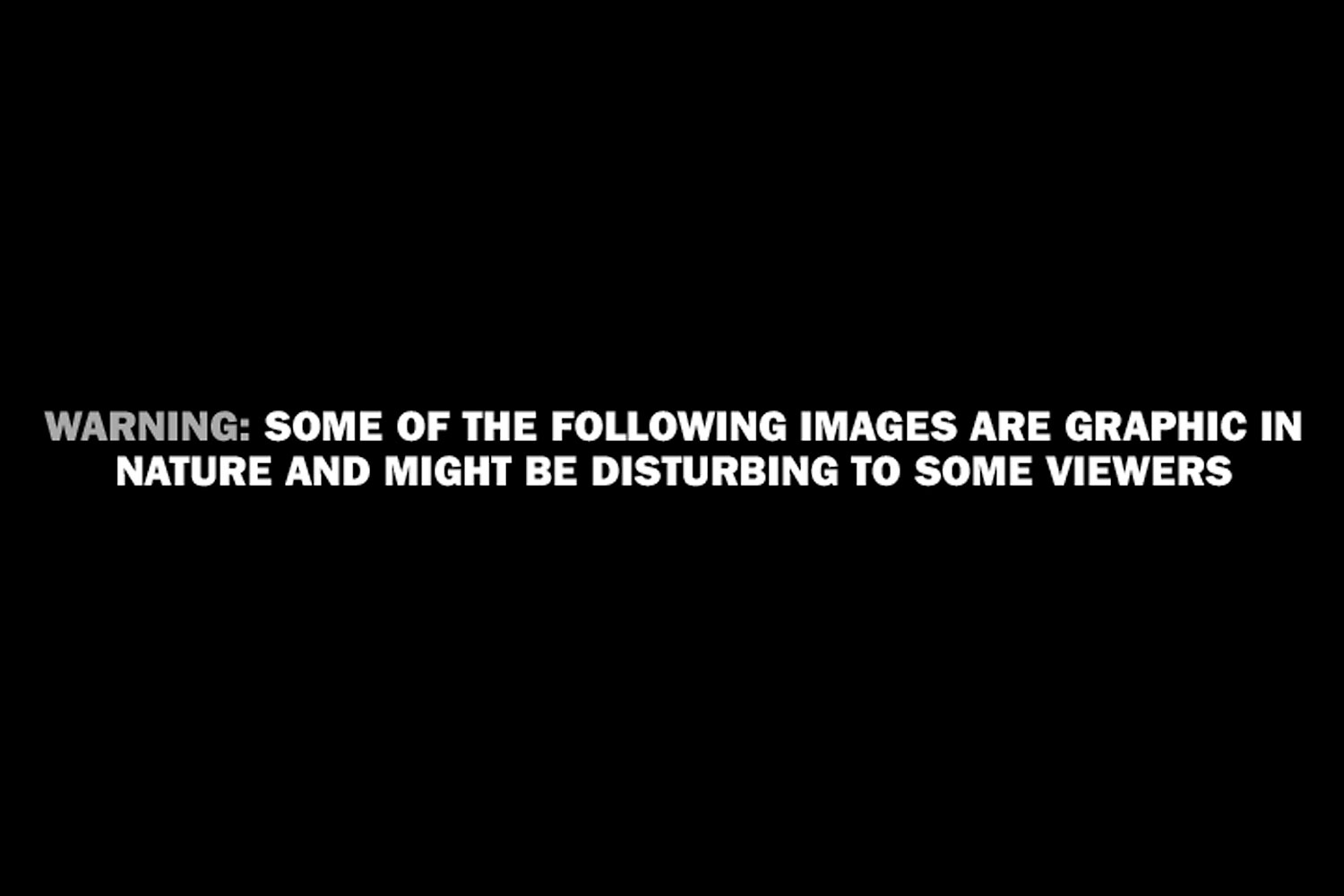
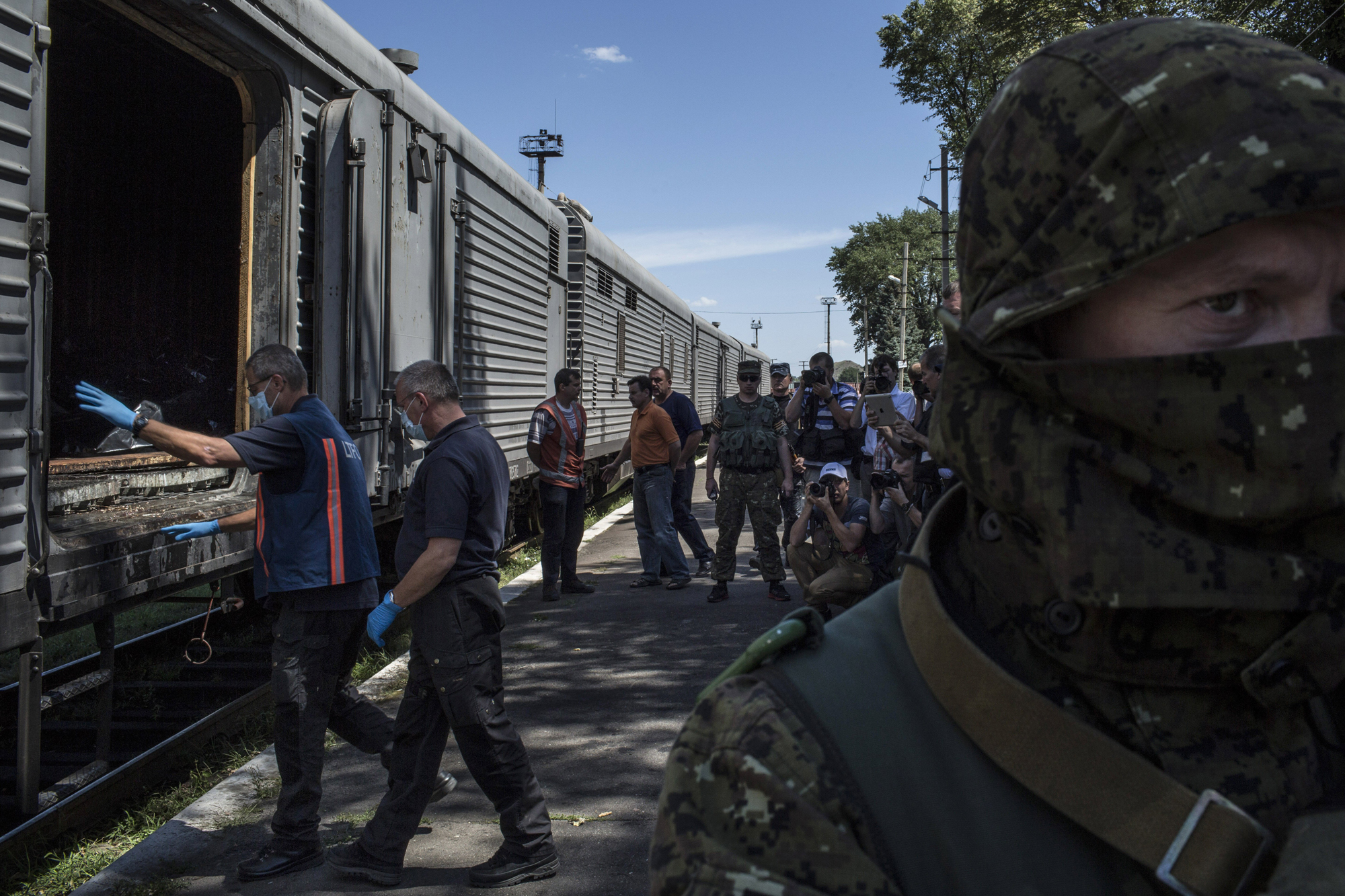
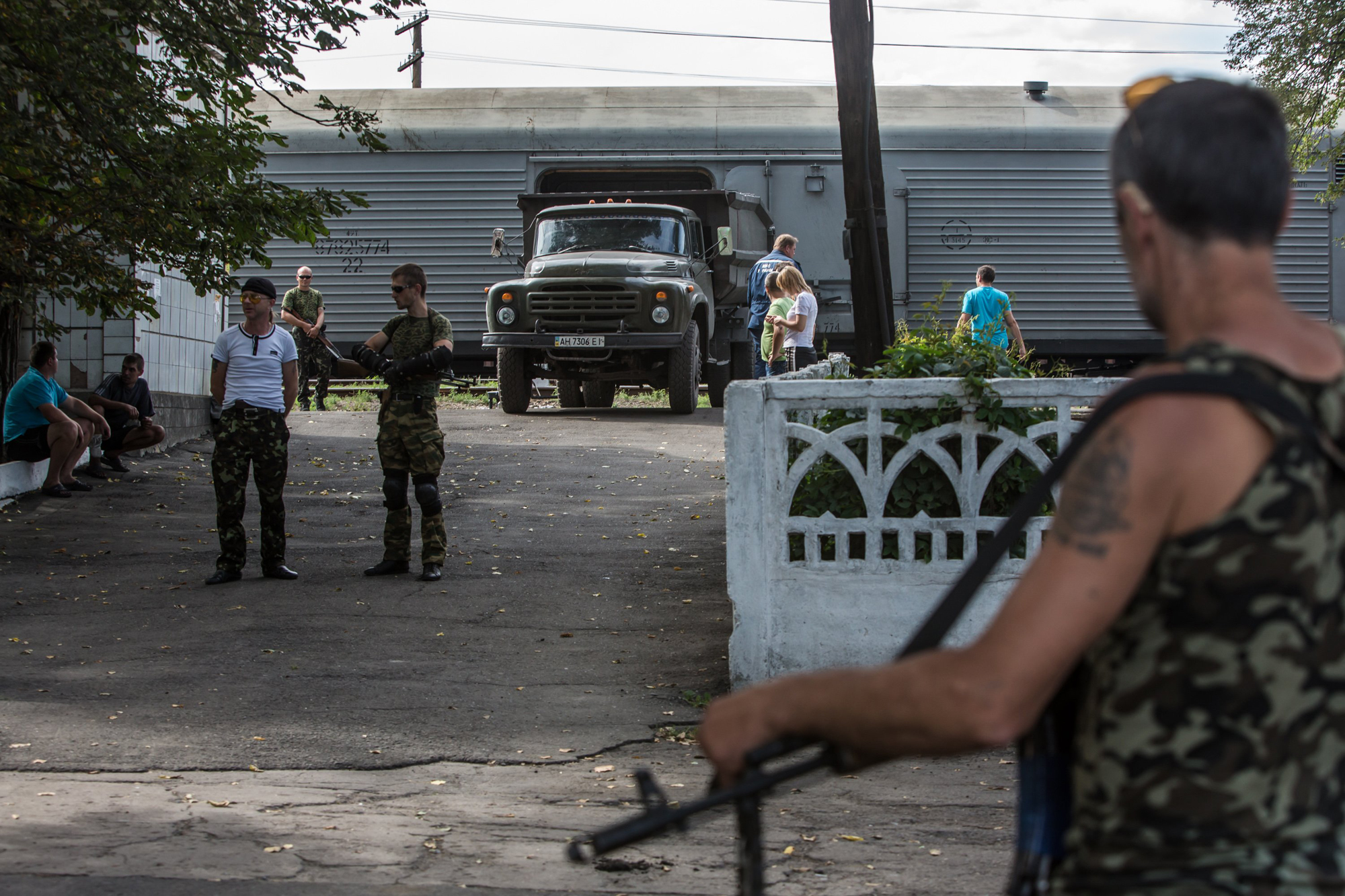
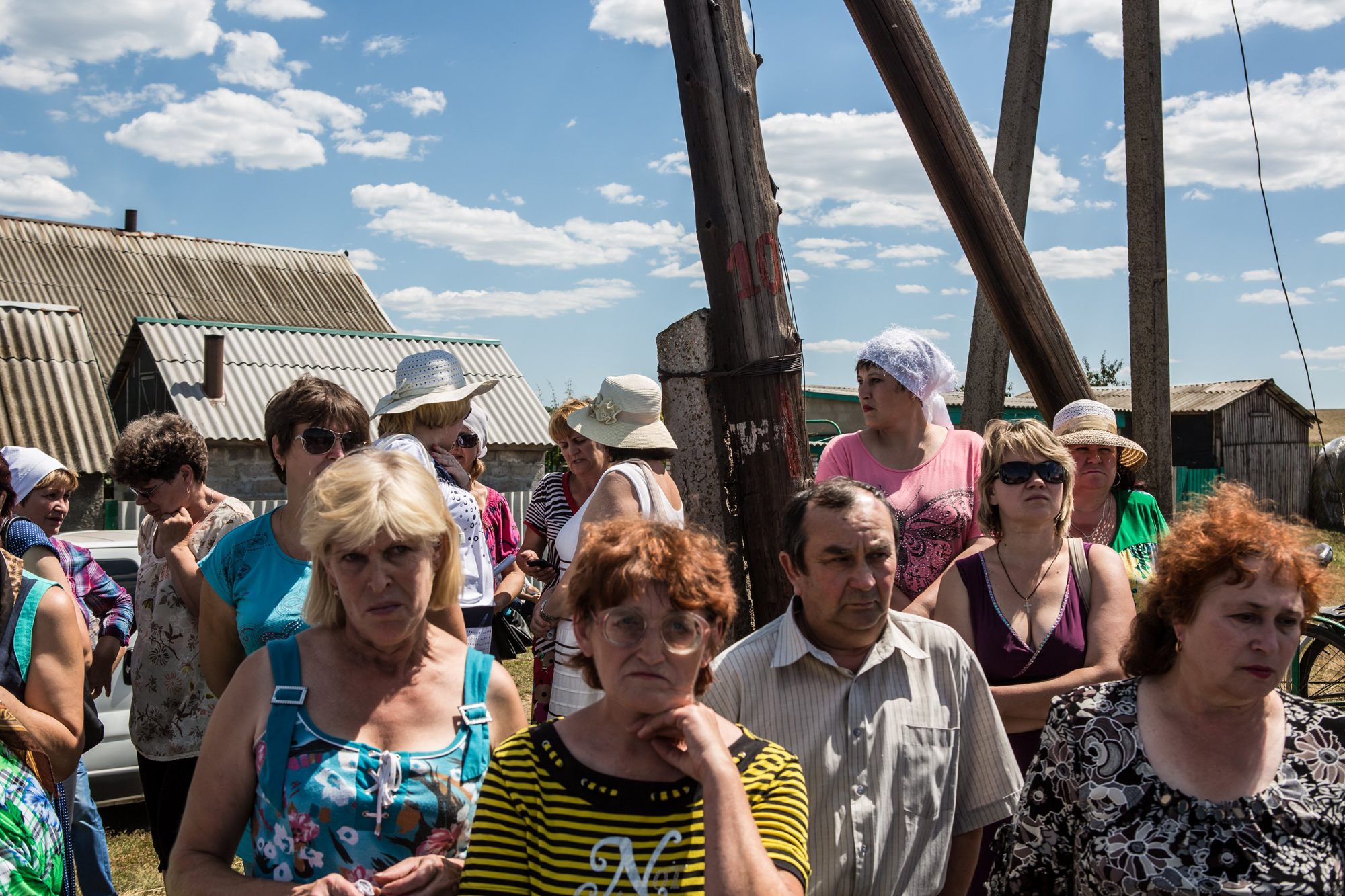
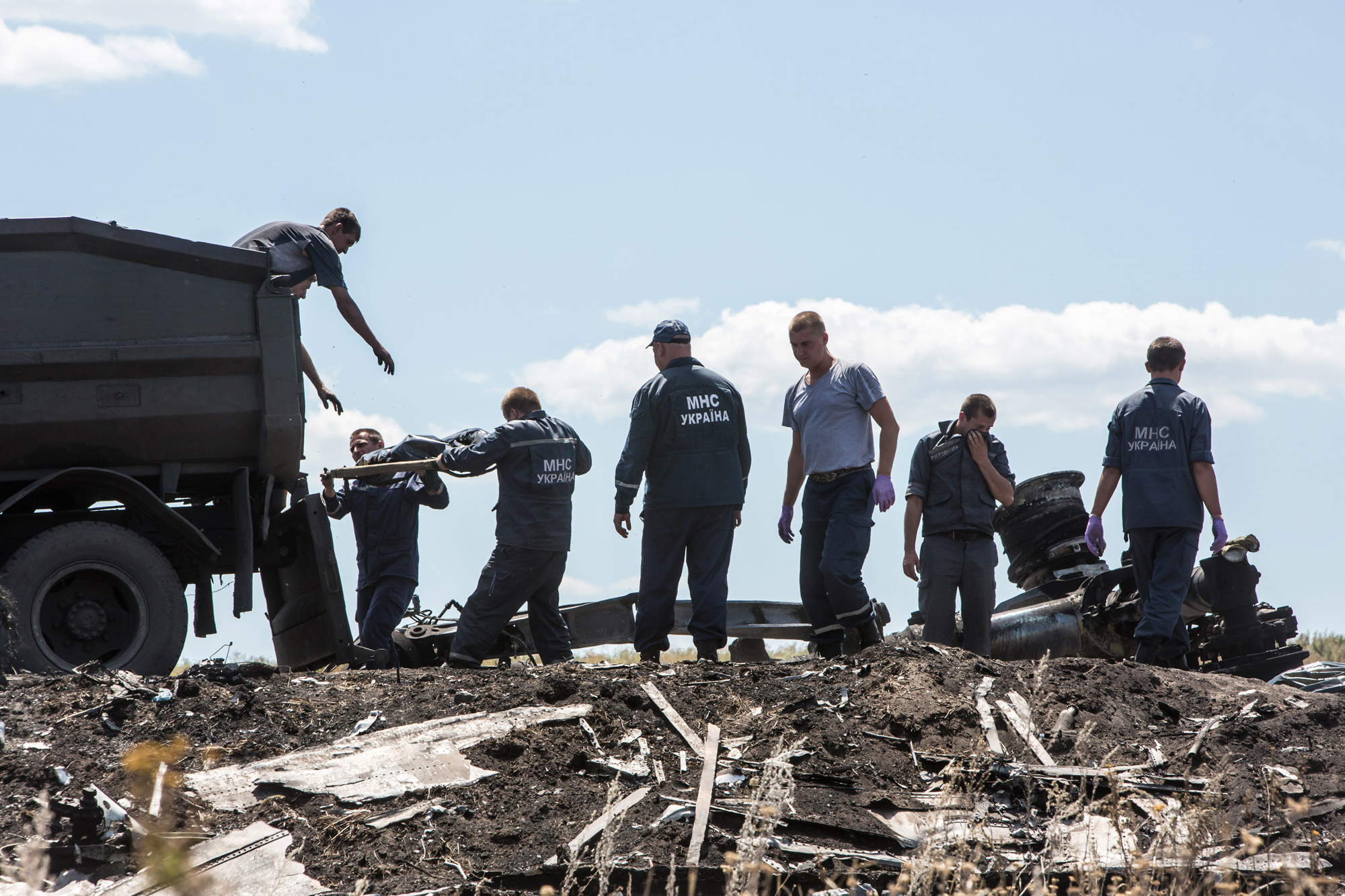
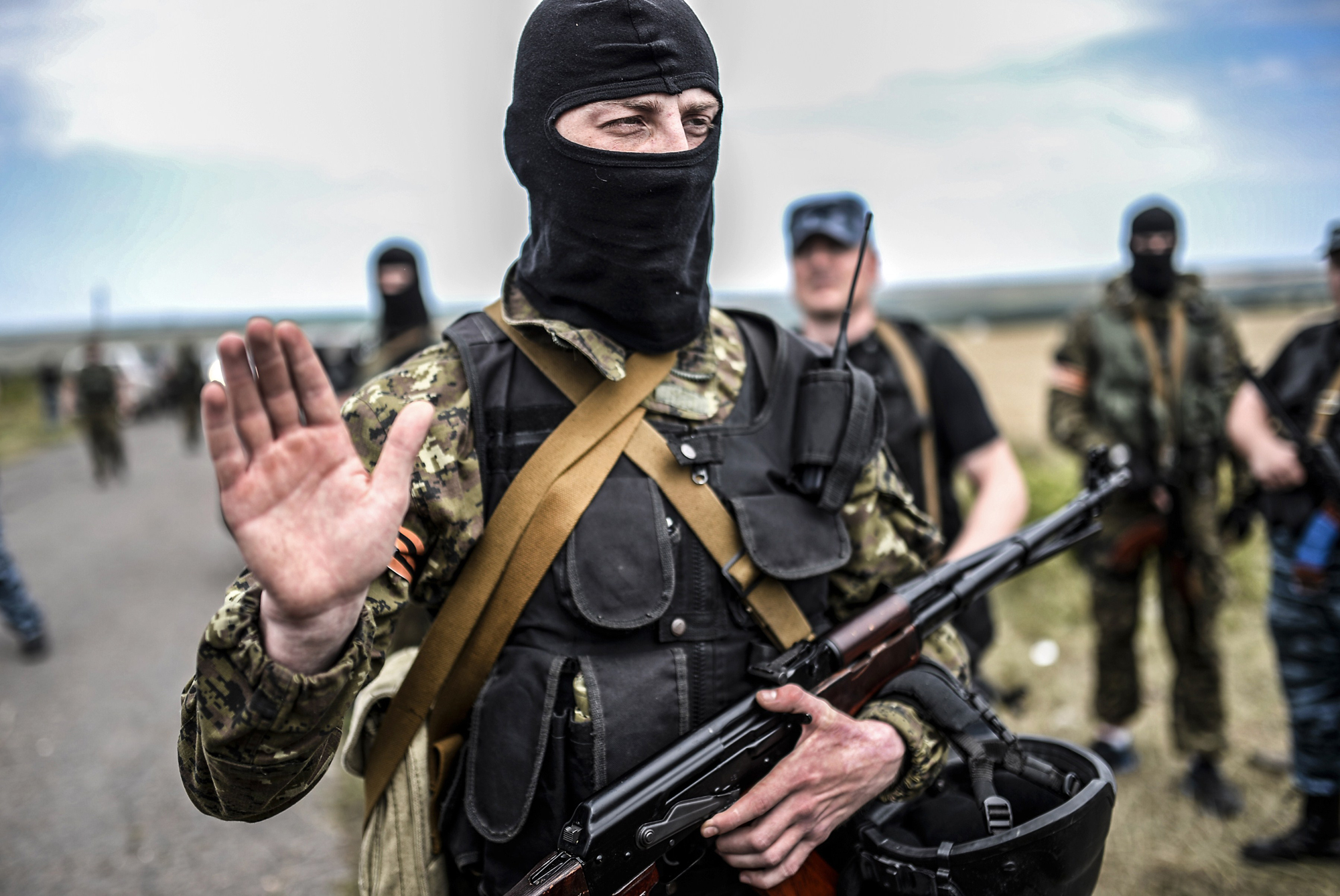
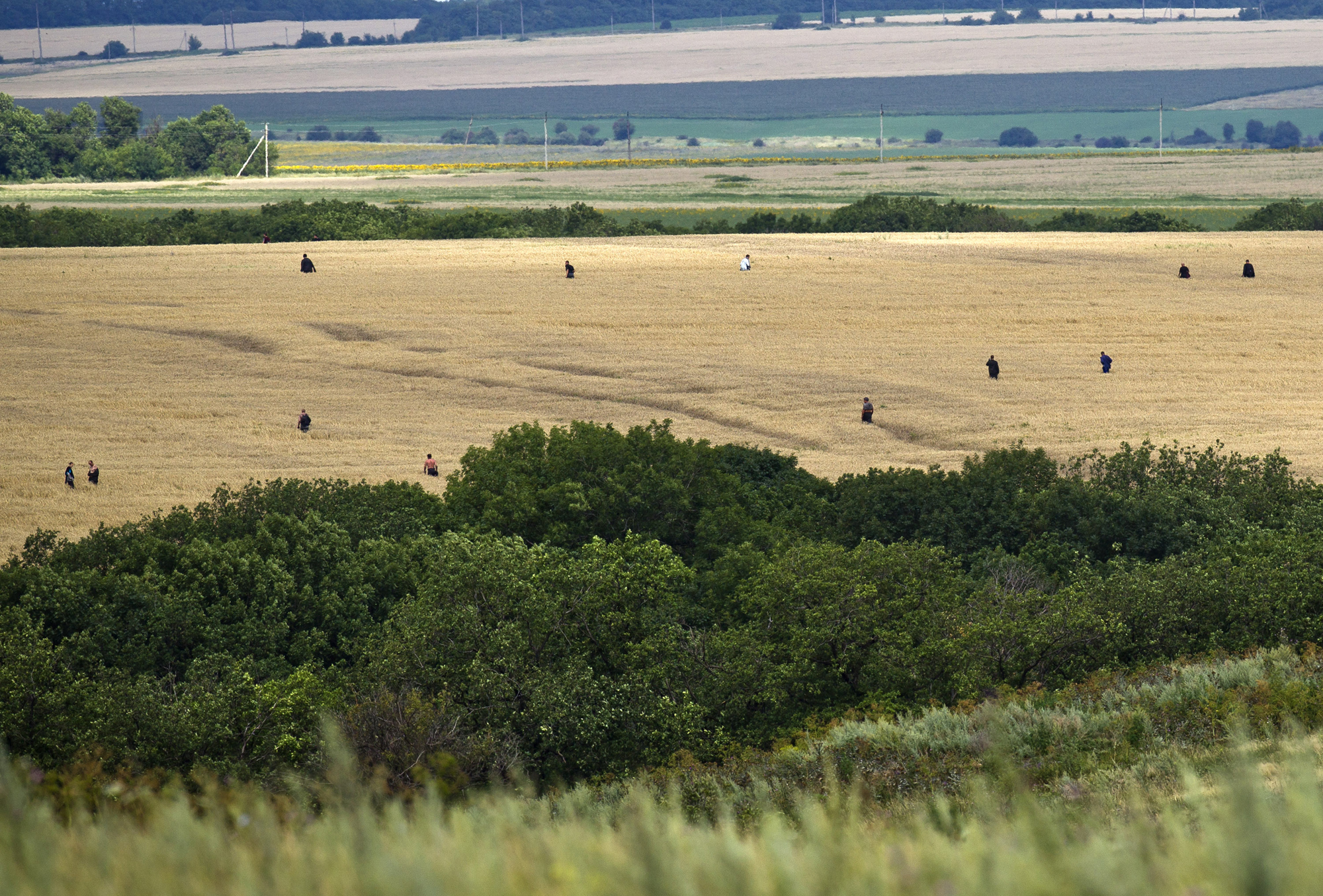
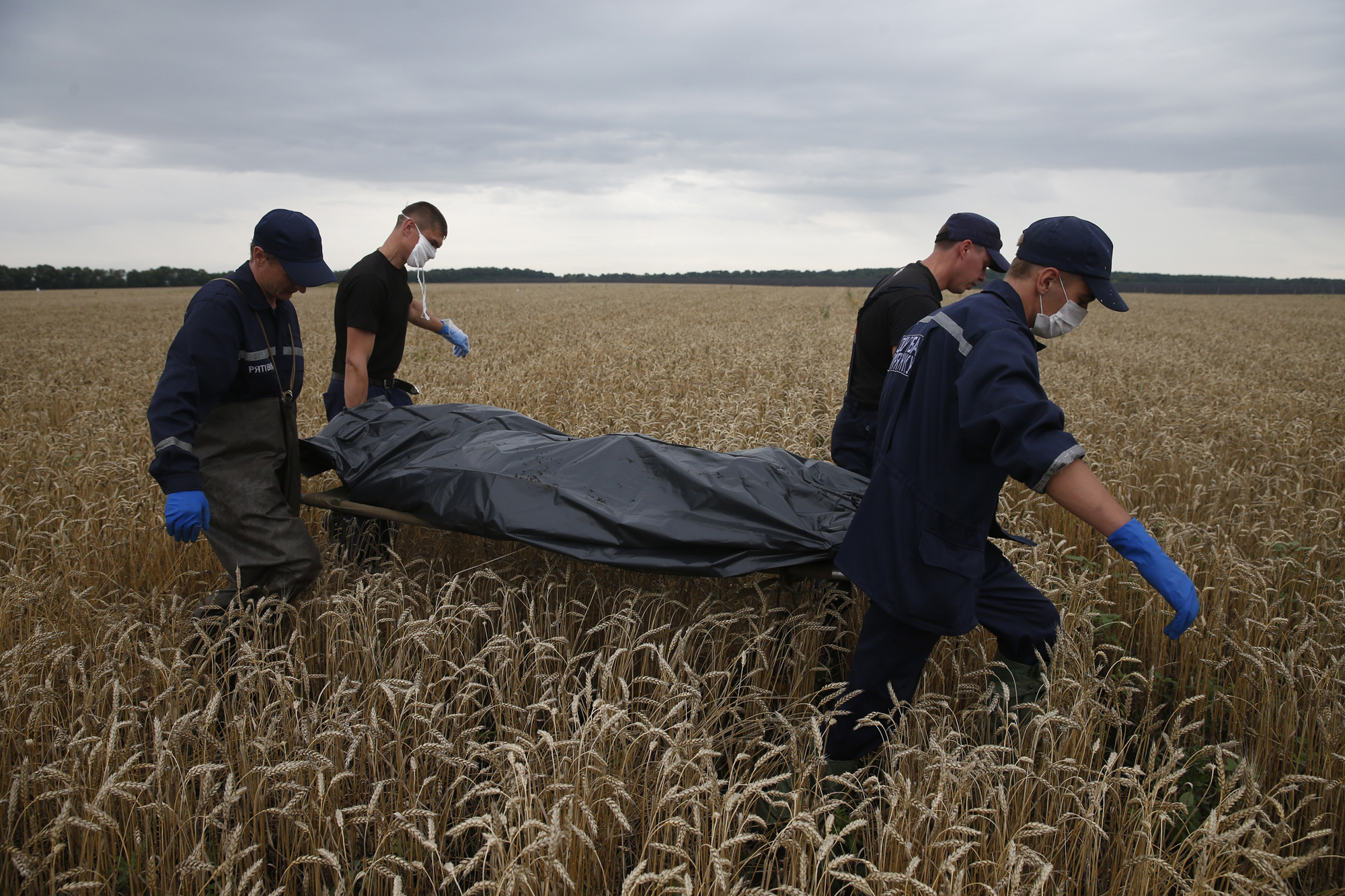
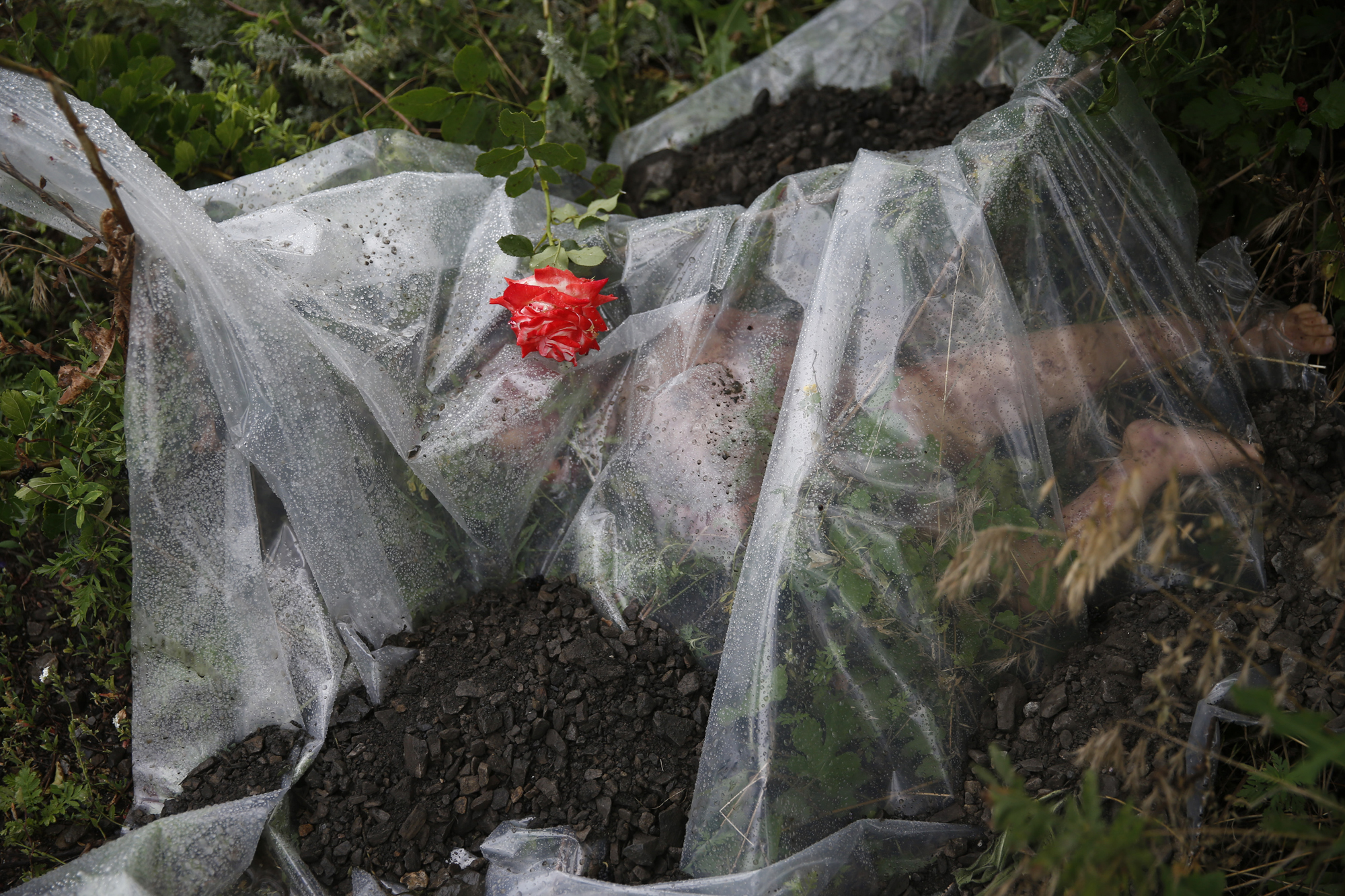
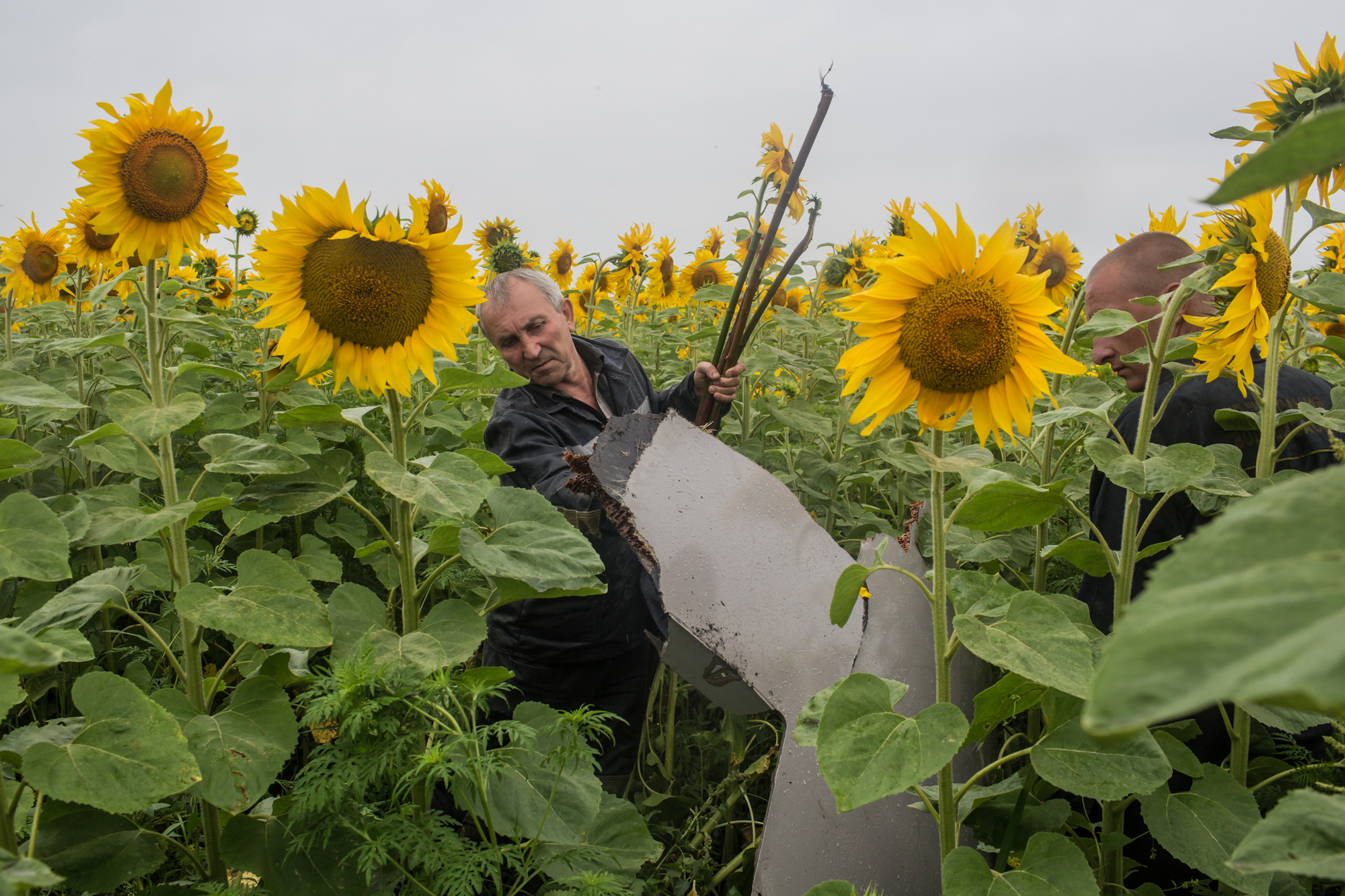
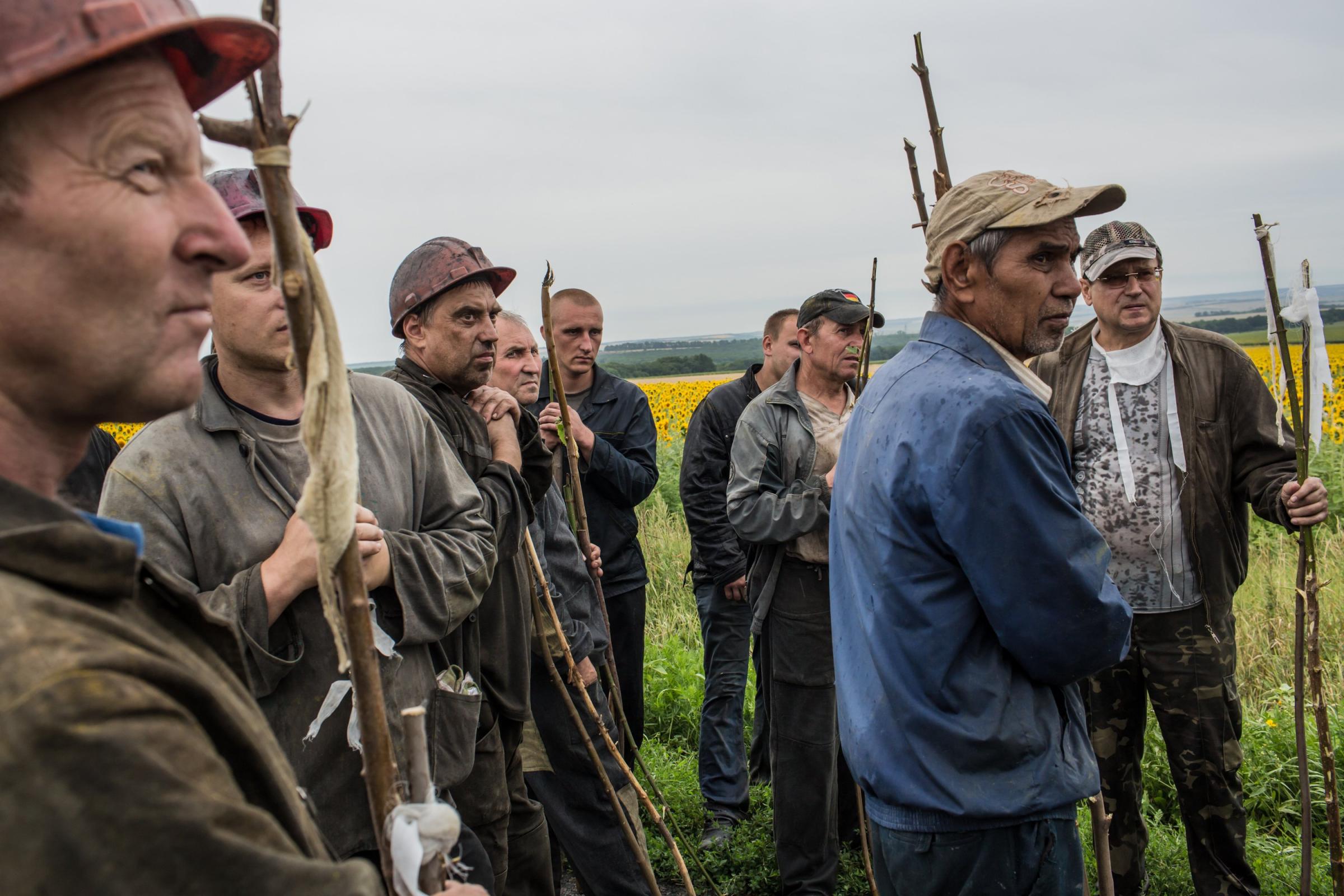
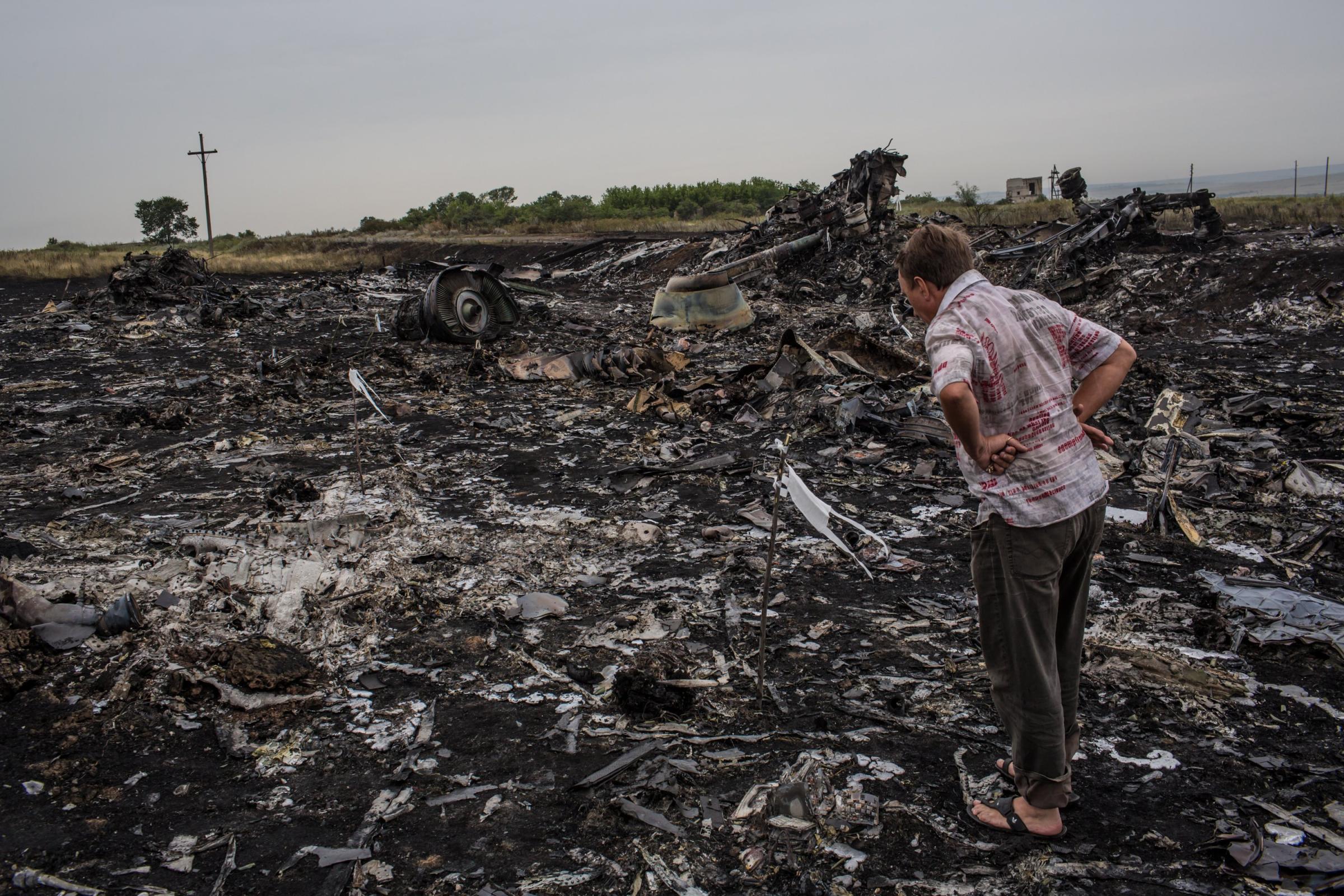
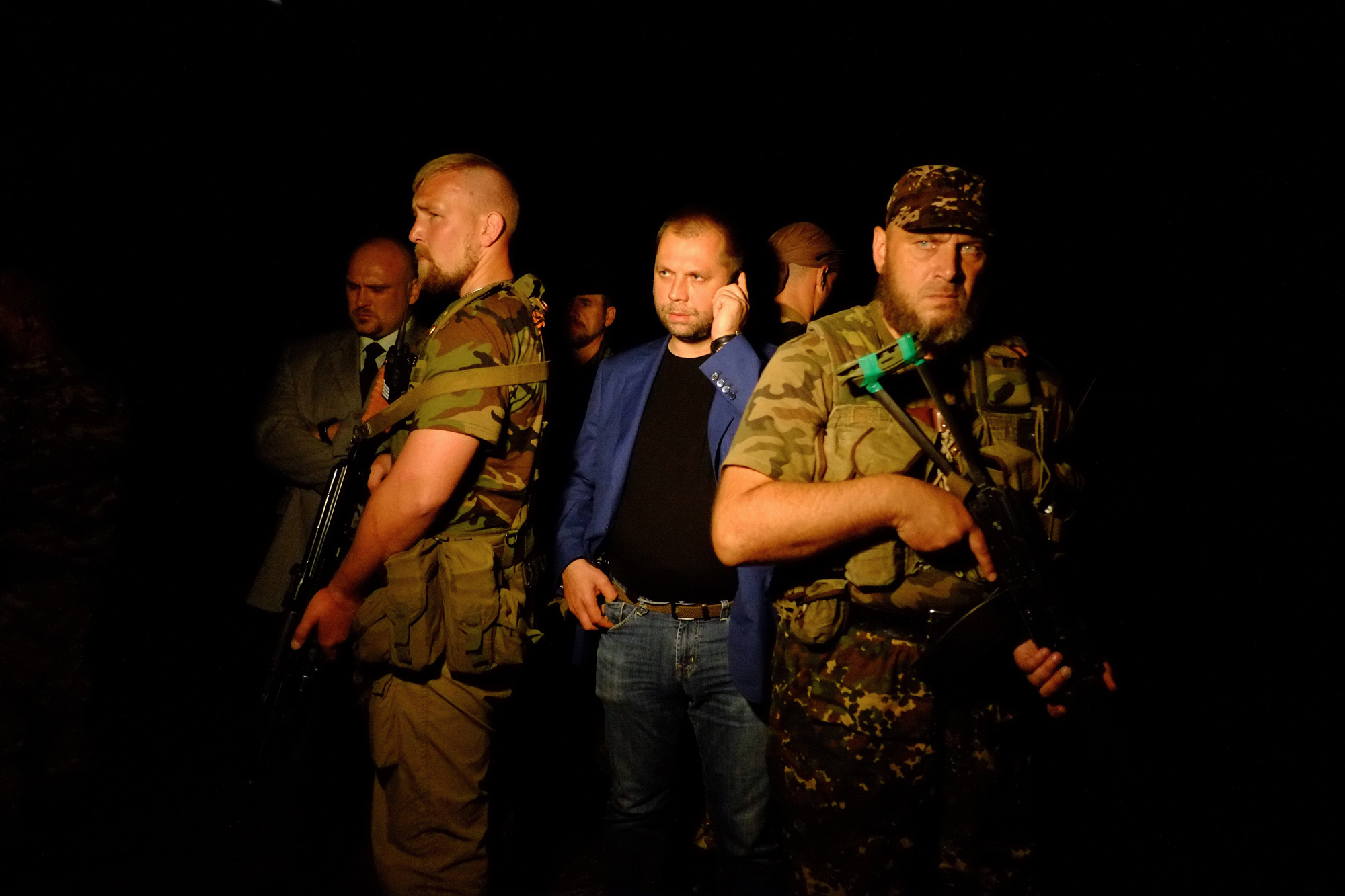
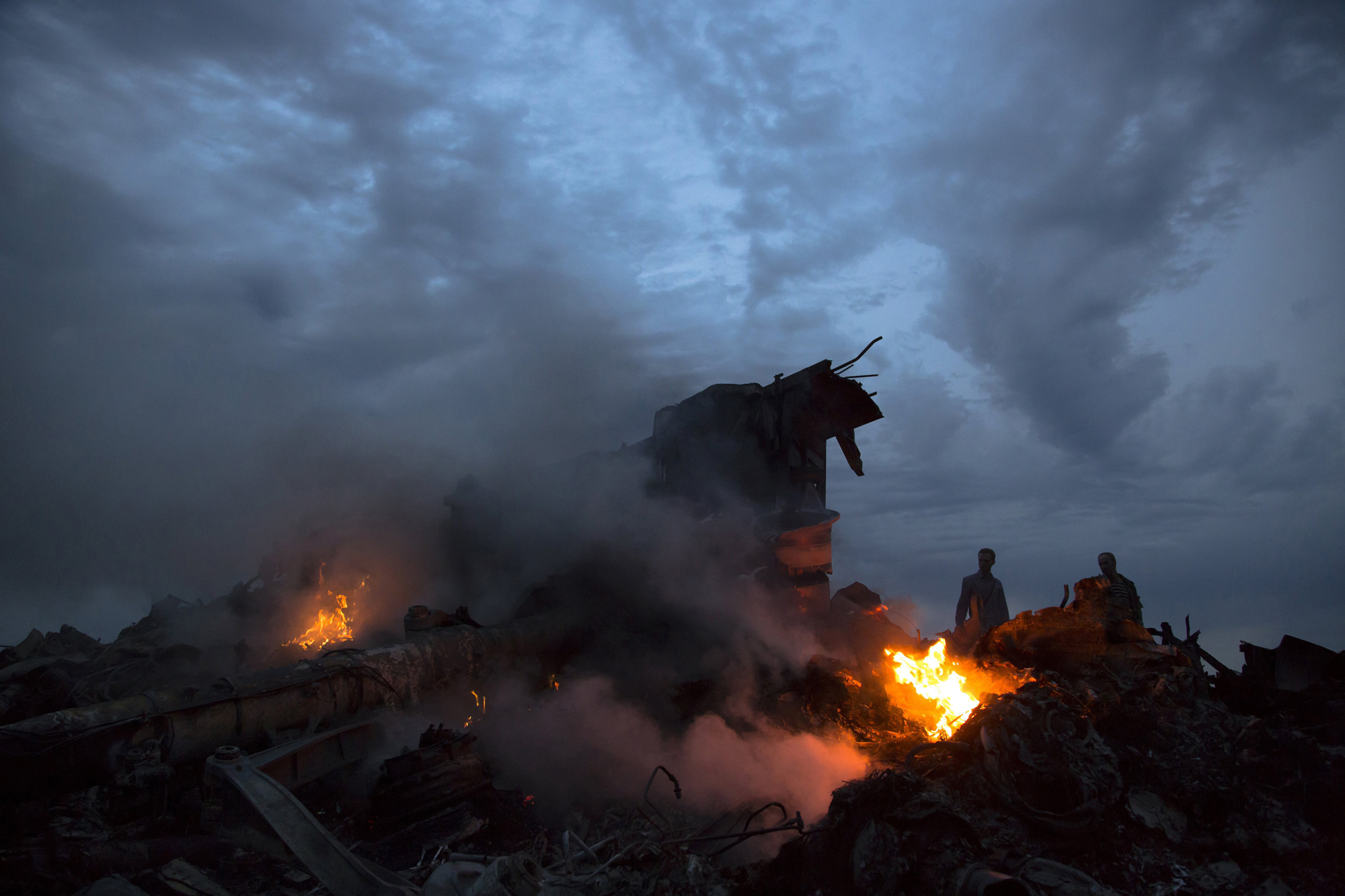
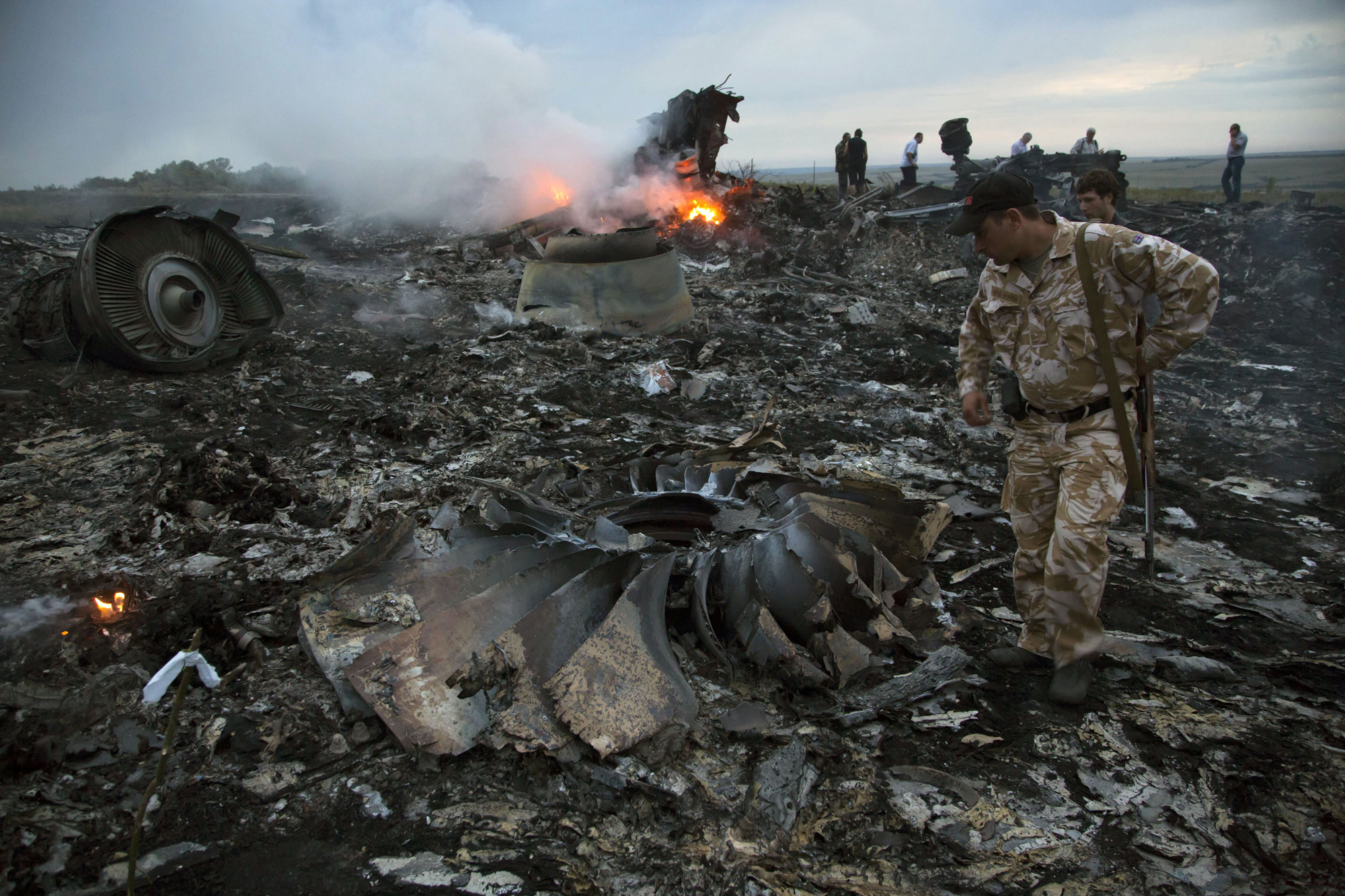
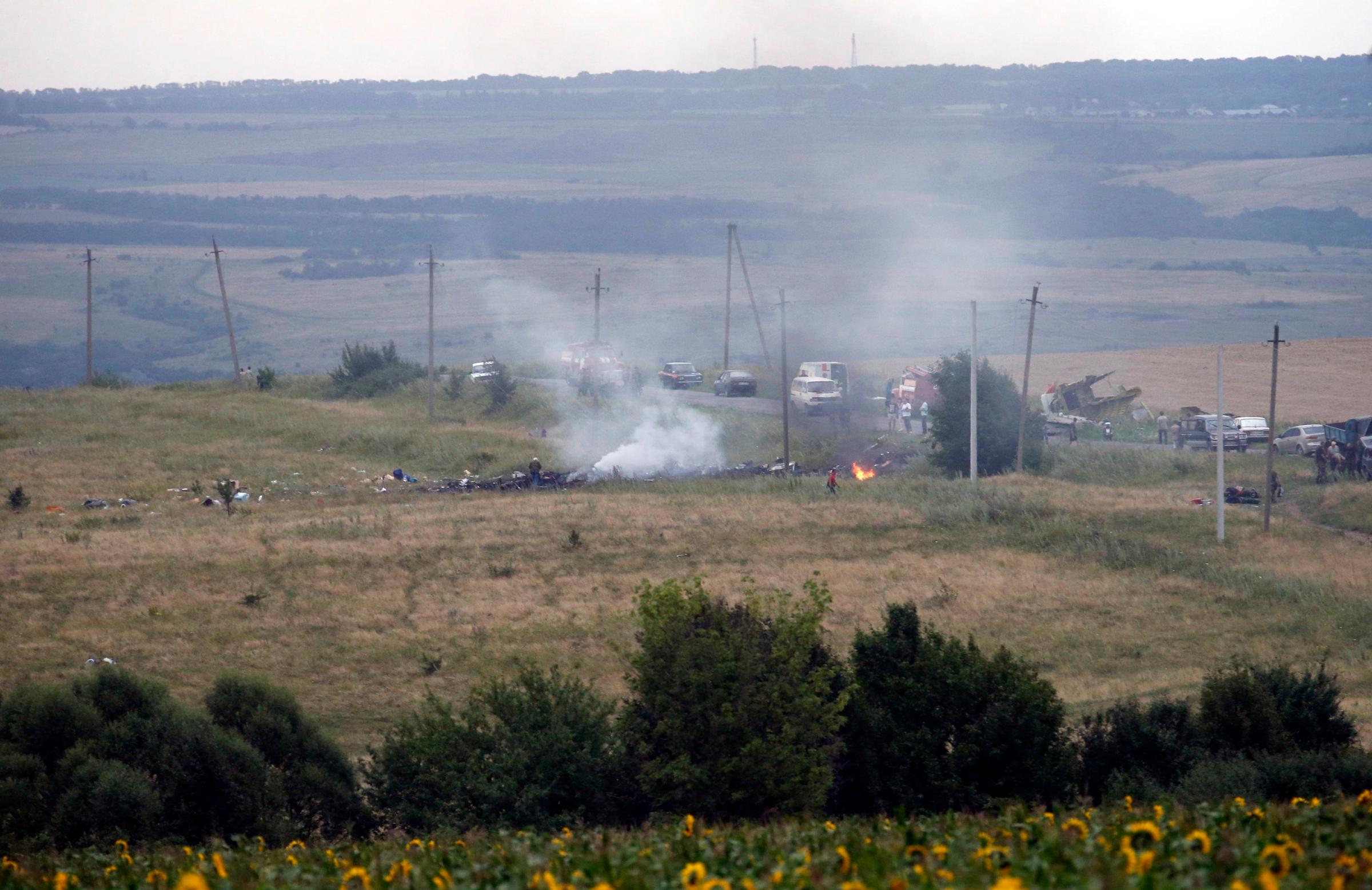
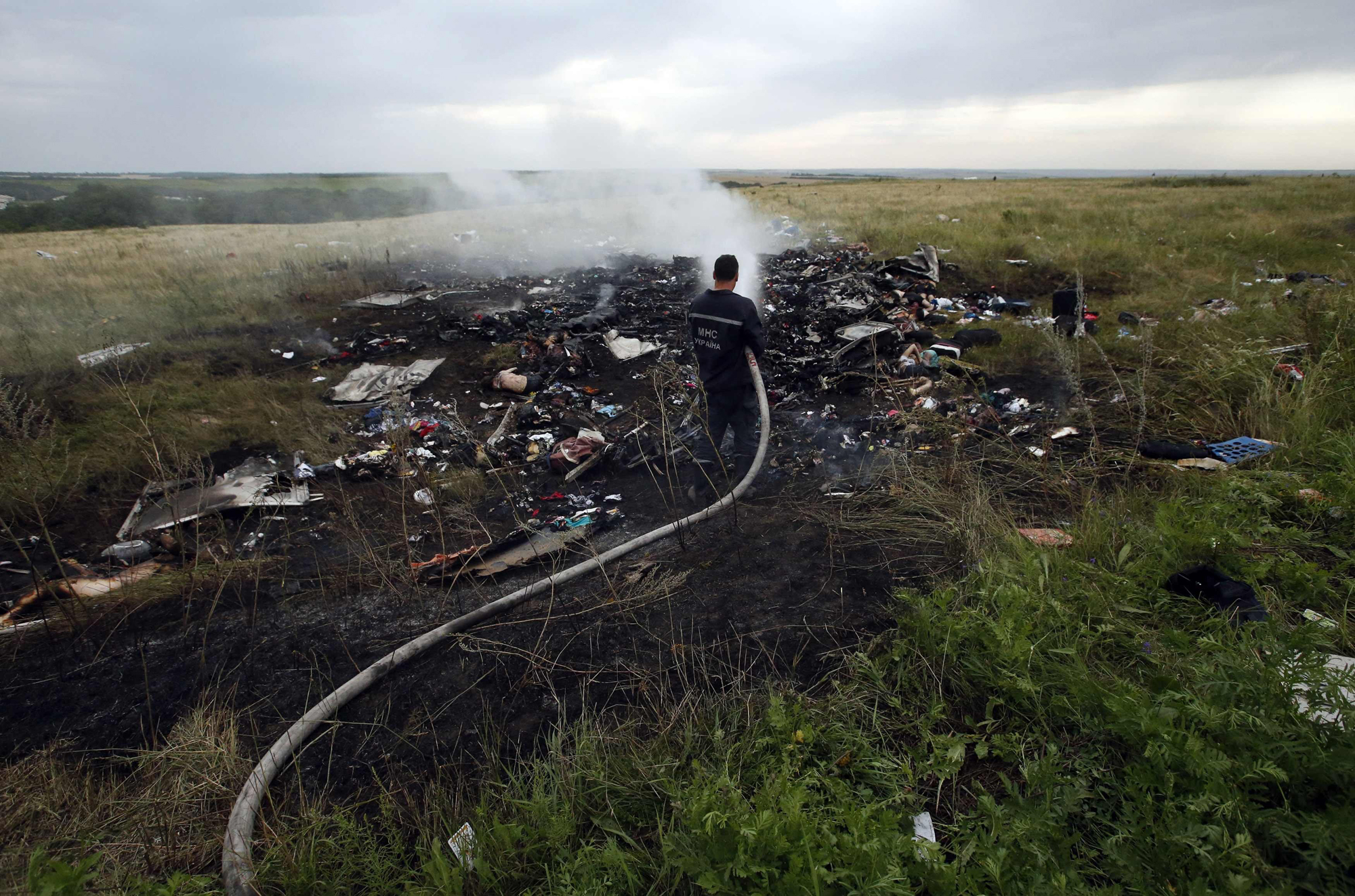
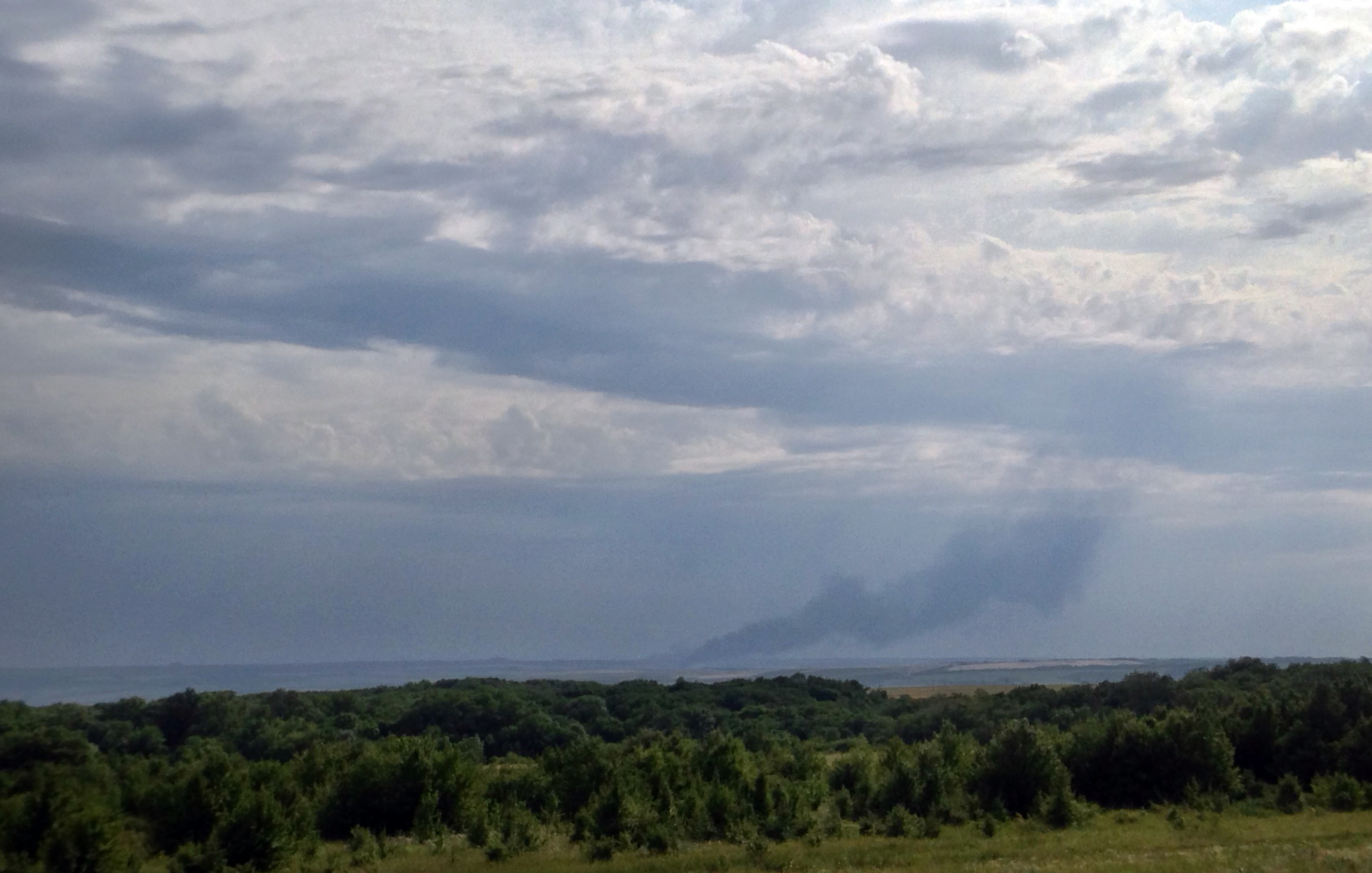
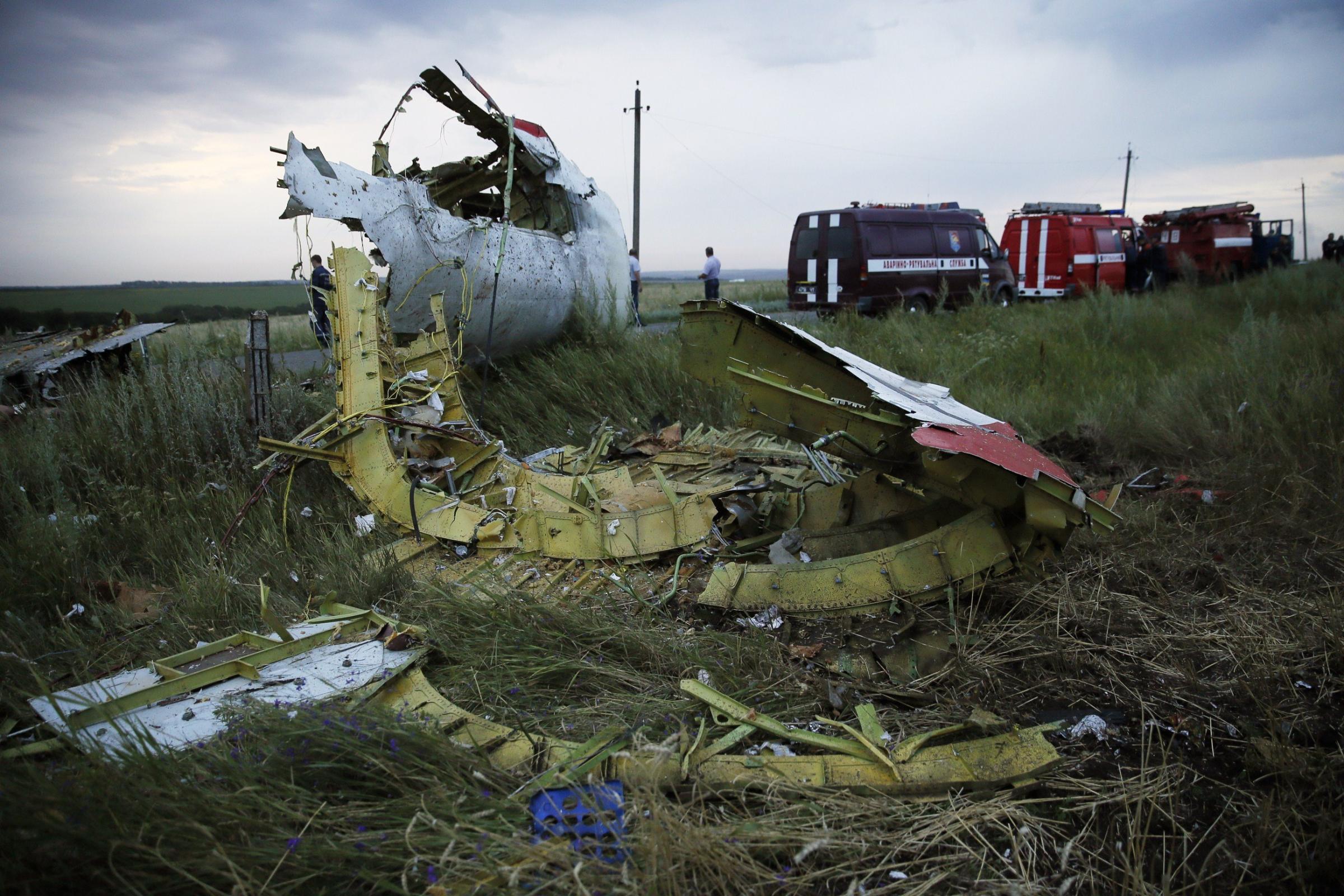
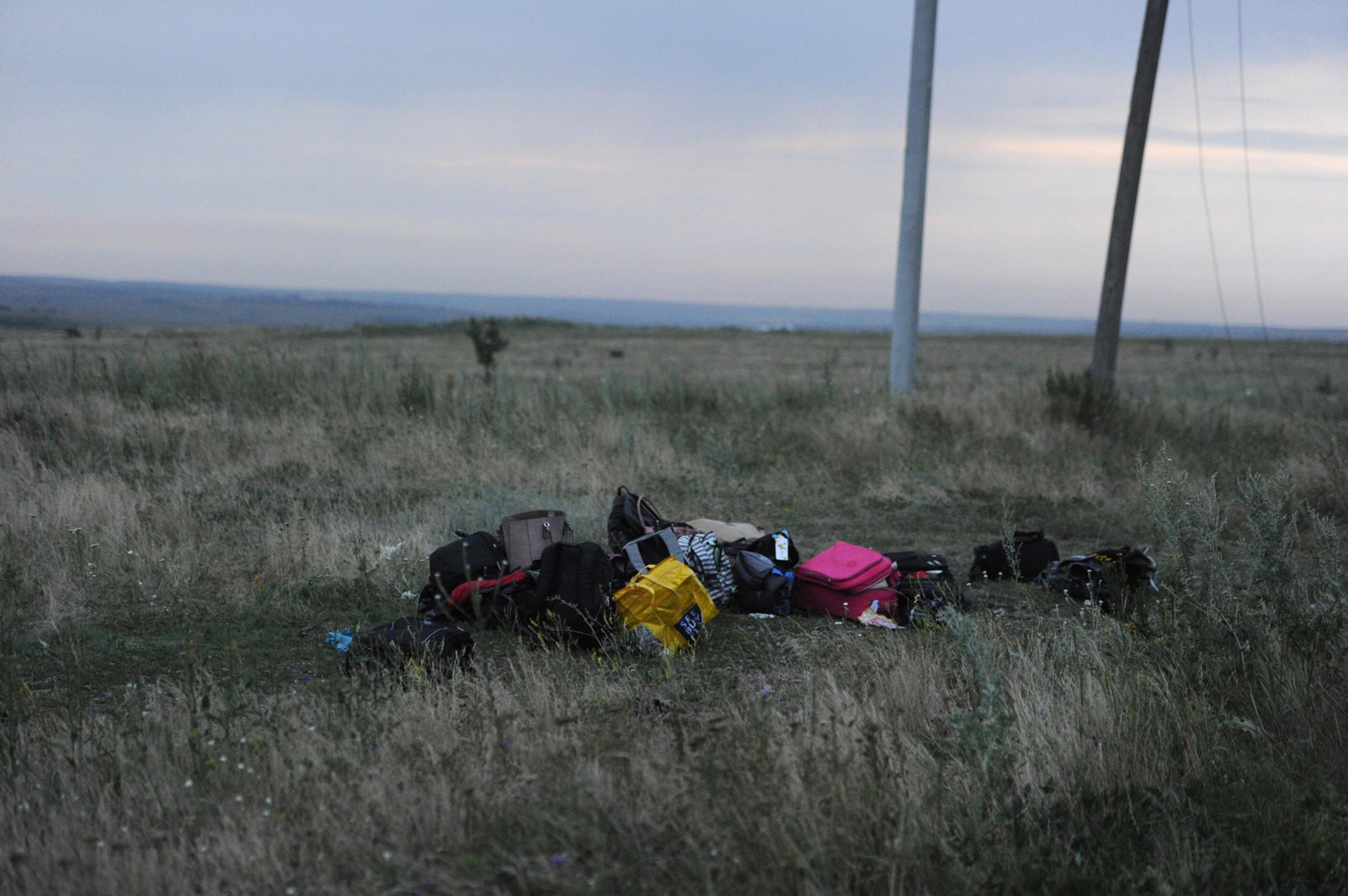
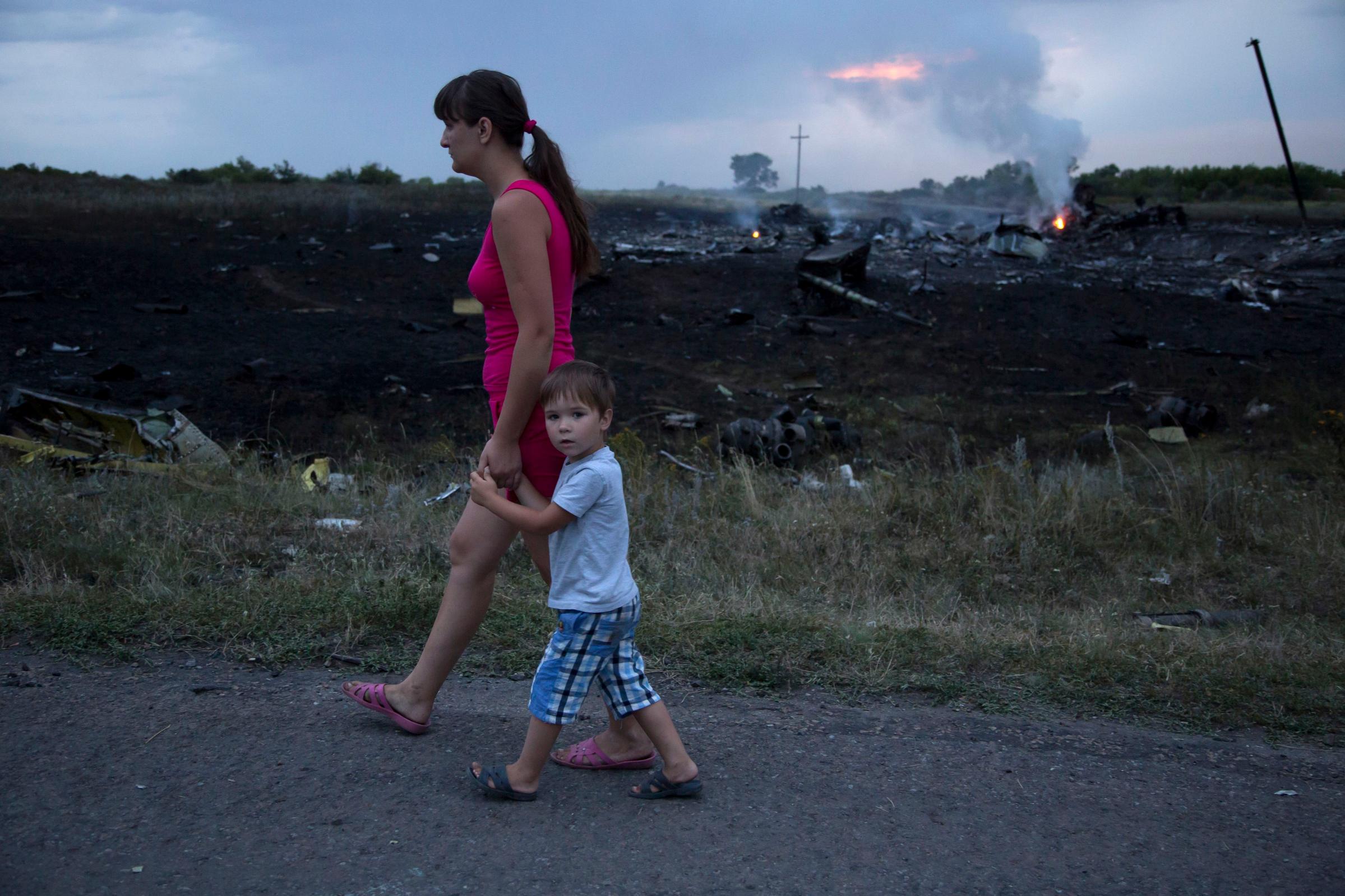
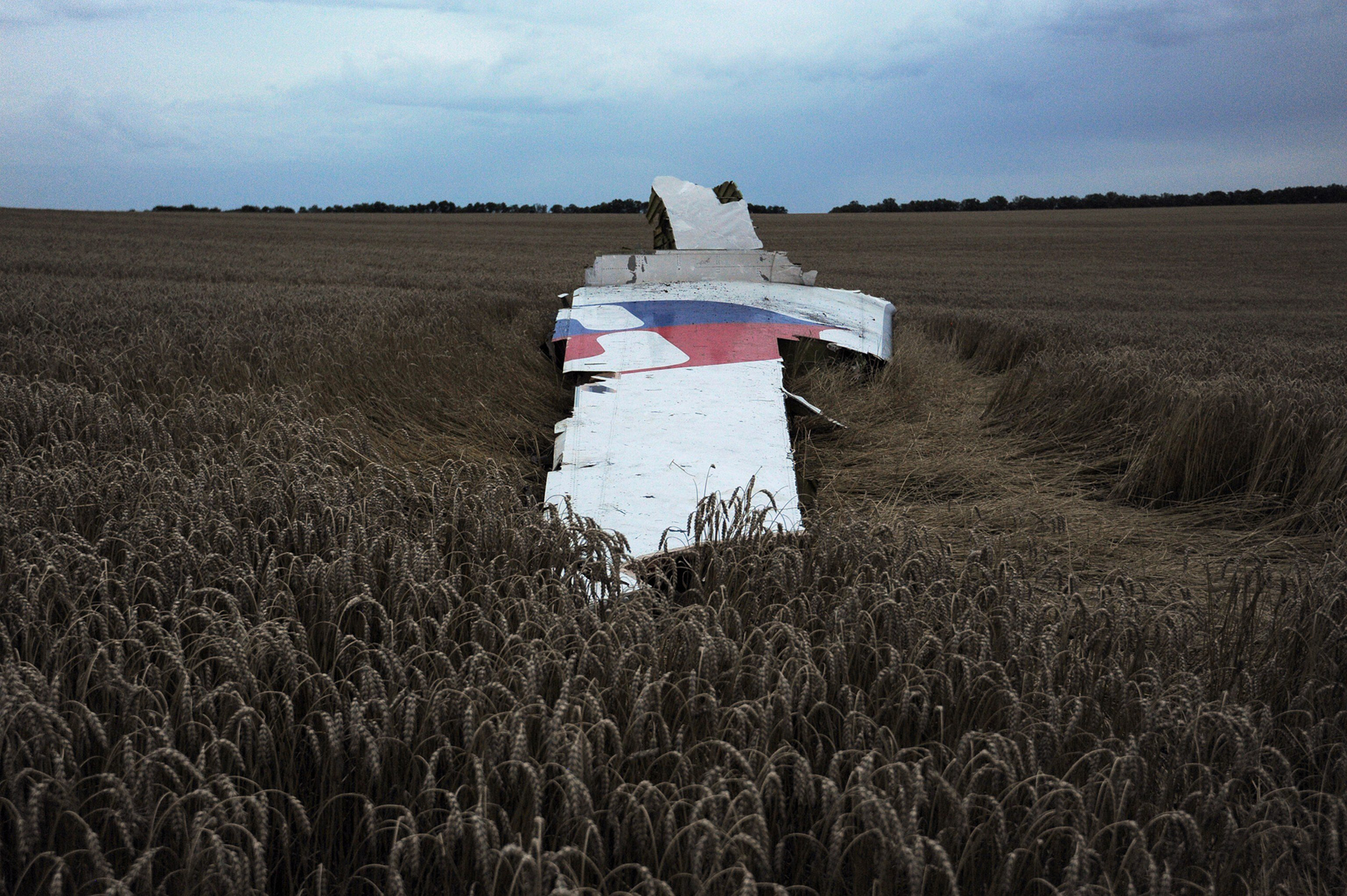
More Must-Reads from TIME
- Cybersecurity Experts Are Sounding the Alarm on DOGE
- Meet the 2025 Women of the Year
- The Harsh Truth About Disability Inclusion
- Why Do More Young Adults Have Cancer?
- Colman Domingo Leads With Radical Love
- How to Get Better at Doing Things Alone
- Michelle Zauner Stares Down the Darkness
Contact us at letters@time.com